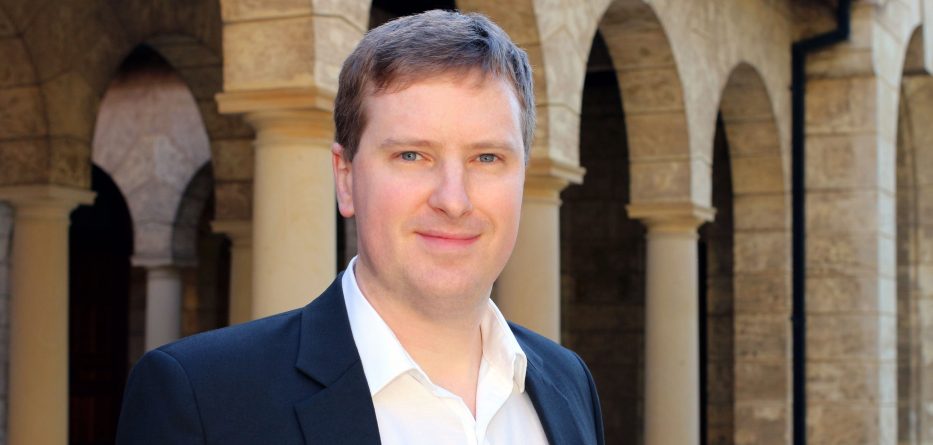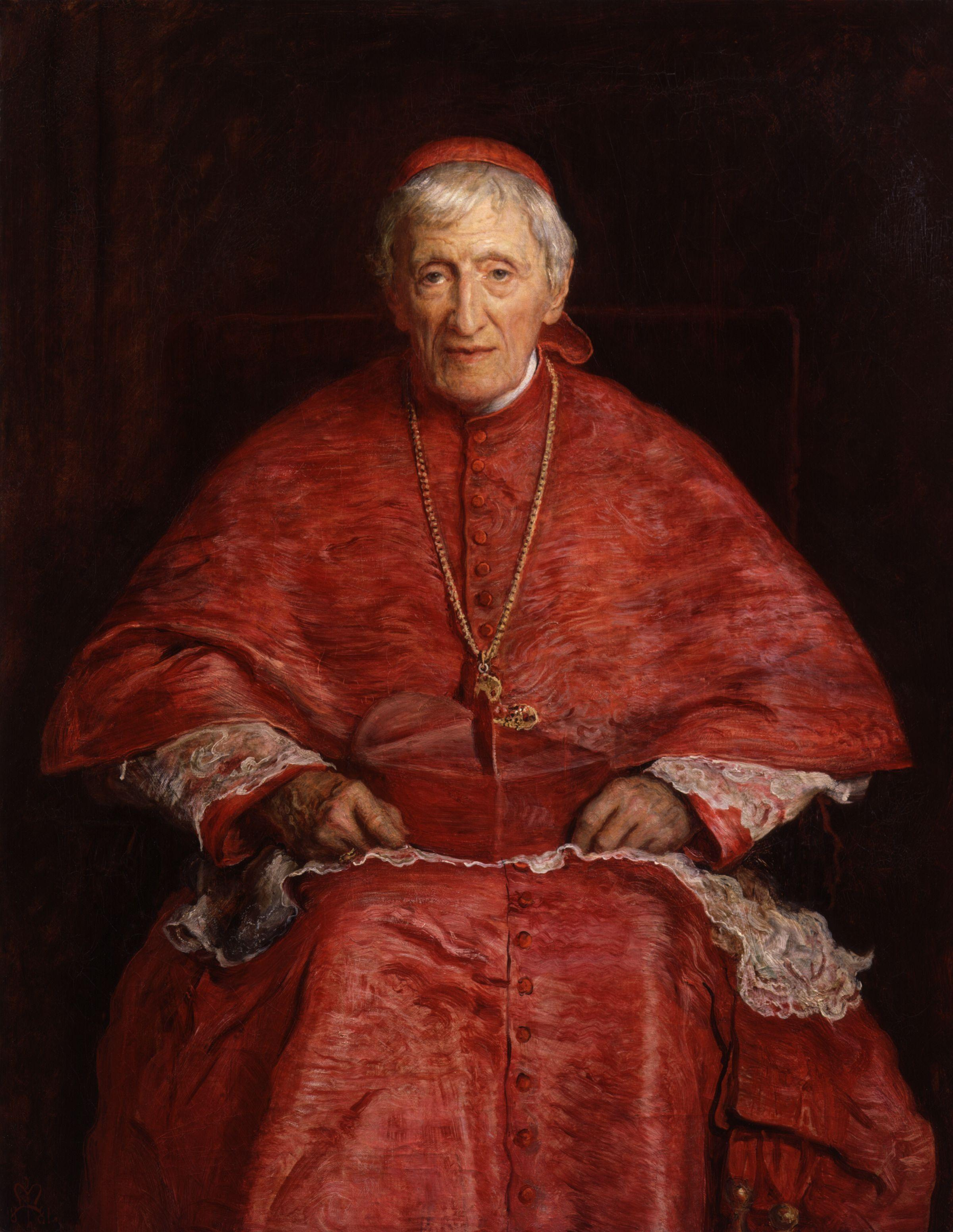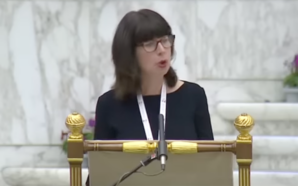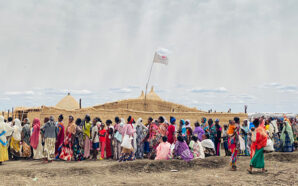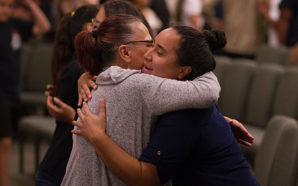Dr Robert Andrews is the Lecturer in Church History at the Catholic Institute of Sydney, teaching theology students including seminarians from Holy Spirit Seminary, Harris Park.
The thought of Cardinal John Henry Newman (1801-1890) has been important to Dr Andrews’ academic research into ecclesiastical history, as well as his reception into the Catholic Church in 2008, after a spiritual pilgrimage that included Anglicanism and Russian Orthodoxy.
An expert on Newman, one of his recent books examines the history and context of Newman’s Mariology, an important and underexplored topic. The book is entitled Apologia Pro Beata Maria Virgine, alluding to Newman’s famous story of his conversion, the Apologia Pro Vita Sua, published in 1864.
“Newman is the most significant English Catholic thinker since the Reformation,” Dr Andrews told Catholic Outlook.
He is also considered Father of the Second Vatican Council, an influential philosopher of education and the most prominent English convert to the Catholic Faith in modern times.
“His theology was borne out of his Anglican context in that he was deeply patristic, historical in focus, and realistic in light of the advances of modern intellectual developments that arose in the 19th century and continue to be present,” Dr Andrews said. “He did all this without ever diluting the faith or conceding that modernity had somehow ‘disproven’ Christianity.” “The opposite, in fact, was the case.”
Newman’s unique thought comes from his approach to theological issues, which was predominantly historical.
“Newman was critical of theology that was ahistorical in its approach and treated the development of Catholic teaching as though it fell perfectly from Heaven during the first century.”
Newman became famous initially because of his scholarly influence and religious activism in the Church of England. Influential as a scholar at Oxford and as Vicar of the University Church of St Mary the Virgin, Oxford, he became increasingly controversial because of his theological views.
These became increasingly Catholic and decreasingly Anglican from 1833-1845, when he converted amid much controversy.
Early on Newman had elucidated views that had more commonality with Catholicism than Anglicanism. This was especially the case with his theology of the Blessed Virgin Mary.
“To be deep in history is to cease to be a Protestant.” – John Henry Newman, An Essay on the Development of Christian Doctrine (1845/78).
“Who can estimate the holiness and perfection of her, who was chosen to be the Mother of Christ? [W]hat must have been the angelic purity of her, whom the Creator Spirit condescended to overshadow with His miraculous presence? What must have been her gifts, who was chosen to be the only near earthly relative of the Son of God, the only one whom He was bound by nature to revere and look up to; the one appointed to train and educate Him, to instruct Him day by day, as He grew in wisdom and in stature? [F]or what, think you, was the sanctity and grace of that human nature, of which God formed His sinless Son; knowing, as we do, “that which is born of the flesh, is flesh;” and that “none can bring a clean thing out of an unclean?”
(Newman, Parochial Sermons, vol.2, 1835 edn, pp.145-146)
Newman’s principal works that are known to Catholics are his Parochial and Plain Sermons, his Essay on the Development of Christian Doctrine; his Apologia Pro Vita Sua, which told the story of his conversion; An Essay in Aid of a Grammar of Assent and The Idea of a University.
“Newman’s writings have deeply influenced my own approach to history and theology, which is predominantly a historical approach,” Dr Andrew said.
“Newman was interested in presenting to Catholics a history of their faith … I’m also interested in doing this as well.”
Dr Andrews says Newman can also be considered Father of the Second Vatican Council, when properly considered.
“It’s very difficult to find one of the principal theologians of Vatican II who was not influenced by him and credited him with connections to their theology. Resourcement is very much a Newman idea. Going back to the sources was what he did. He rarely developed theological conclusions without doing that first.”
Dr Andrews credits Newman with a role in his conversion.
“Newman was an influence because he gave me reasons for believing that the development of Catholic theology was not only legitimate but providential,” he said.
“Protestant readings of church history often present Catholic theology as having been additions to scripture, corruptions. Whereas Newman shows they were organic in their growth. Like the acorn turning into the oak tree, the whole church is contained in the acorn. An acorn and an oak tree are palpably very different — especially in the way they look — but they’re also the same — organically connected.”
“My job involves teaching church history to those doing degrees at Catholic Institute of Sydney,” he said.
“I teach seminarians, religious and lay students and I consider it a privilege to be teaching seminarians from Parramatta, Homebush and Redemptoris Mater seminaries. It is an honour be involved in their academic formation.”




